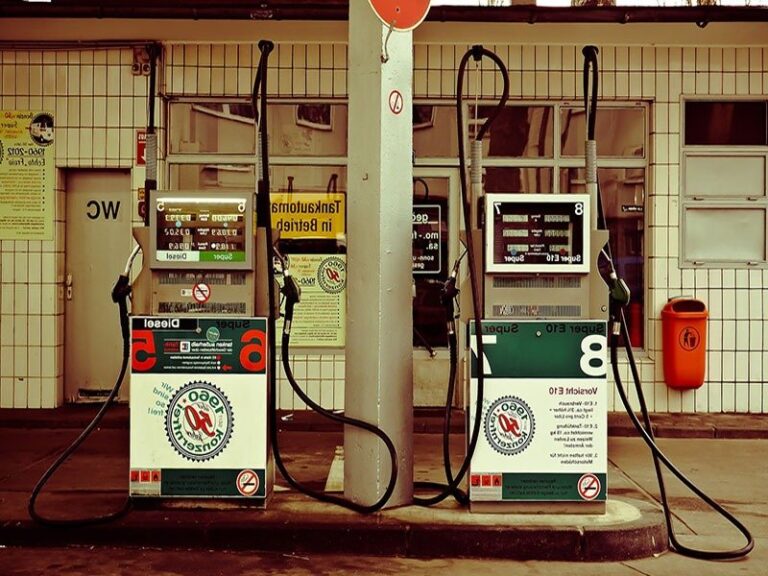The culture of energy saving in the family environment
The energy-saving culture in the family setting has become a priority today, not only due to the rising electricity bills but also because of the urgent need to care for our environment. Adopting energy-saving practices at home not only benefits the household economy but also contributes to the reduction of pollutant gas emissions.
Encouraging energy-saving as a family habit allows all household members to be involved in a common purpose, thus promoting a shared responsibility toward the consumption and preservation of natural resources.
Adopting an energy-saving culture in the family environment is essential for improving both the household economy and the health of the planet. This article explores the importance of energy saving, offers practical advice, and highlights how the whole family can participate in creating responsible habits. By integrating these practices into daily routines, not only is consumption reduced, but an environmental awareness is fostered that will last for future generations.
Benefits of energy saving at home
Energy saving has a significant impact on the family economy. Every small change, such as reducing light usage or turning off devices when not needed, can translate into a notable decrease in the electricity bill. Additionally, by consuming less energy, there is less exploitation of natural resources, such as oil and gas, which are limited and non-renewable.
Simple practices to teach the younger ones
Involving children in energy saving not only teaches them about their responsibility toward the environment, but it also strengthens family bonds. Setting up family games or challenges where good habits, such as turning off lights when leaving a room or unplugging chargers, are rewarded can be both educational and fun. This creates a positive environment around sustainability.
Maintenance and care of electrical appliances
An essential part of the energy-saving culture at home is ensuring that electrical appliances are in good condition. Checking electrical connections, cleaning air conditioning filters, and making sure that light bulbs are properly installed are actions that not only enhance efficiency but can also prevent major and dangerous problems. This also prolongs the lifespan of devices, avoiding unnecessary waste.
The role of the community in energy saving
Participating in community initiatives with projects focused on energy saving can be highly effective. Campaigns that promote sustainable practices, workshops on how to reduce energy consumption, and collaboration among neighbors can multiply the positive effect on the environment. Discover how community participation can have a significant impact.
Incentives for energy efficiency
Additionally, there are often government incentives to promote the efficient use of energy in households. Knowing about subsidy options and implementing energy-efficient technologies can result in significant savings in the long run. Staying informed about these initiatives can be key to optimizing family energy consumption.
The importance of a change in habits
The path toward a more sustainable home starts with a change in habits. Adapting practices such as using LED bulbs, optimizing heating and cooling, as well as installing energy-efficient appliances are steps that, while they may seem small, add up to considerable energy savings. Every family has the potential to be a role model in their community.
Continuous education and awareness
Finally, it is crucial to maintain a constant education about energy saving. Through books, workshops, and talks on how to reduce electricity expenses, the family’s interest and motivation can be sustained over time. Thus, environmental awareness becomes a fundamental value, and every family member feels part of the solution.
Making changes at home to encourage energy saving not only benefits the family economy but also the planet. With the active participation of all family members and awareness of the importance of these habits, a more sustainable future can be built. For more details on how to embark on this journey towards savings, check the complete guide on boilers and their efficiency.
The importance of the energy-saving culture at home
The energy-saving culture has become an essential component within modern households, promoting not only environmental sustainability but also the economic well-being of families. Adopting a lifestyle that prioritizes energy efficiency allows homes to significantly reduce their energy consumption, translating into lower bills and diminished impact on the environment. With every small change, such as turning off lights when leaving a room or using efficient appliances, one contributes to a greater cause.
Involving all family members in the energy saving process is crucial. Education and awareness about the importance of conserving energy resources should begin at an early age. By fostering responsible habits and teamwork, the foundation is laid for a new generation that is more conscious and committed to sustainable energy use.
Moreover, implementing energy-saving practices at home not only improves the family economy but also strengthens family ties. Engaging in activities together, such as conducting an energy consumption audit or planning the use of appliances, can create a conducive atmosphere for learning and collaboration, which in turn promotes environmental responsibility.
In summary, the energy-saving culture in the family context is not just a trend; it is a necessity in a world facing growing environmental challenges. The actions we take today in our homes will have a significant impact on the future of our planet. Adopting these habits will not only benefit our families but also contribute to the preservation of our natural resources for generations to come.






